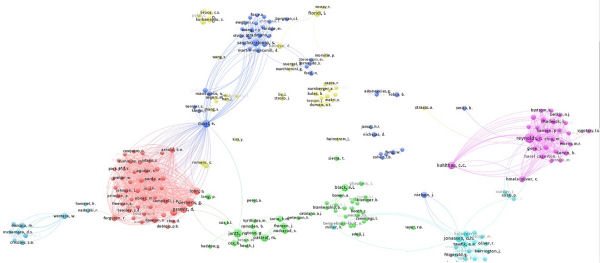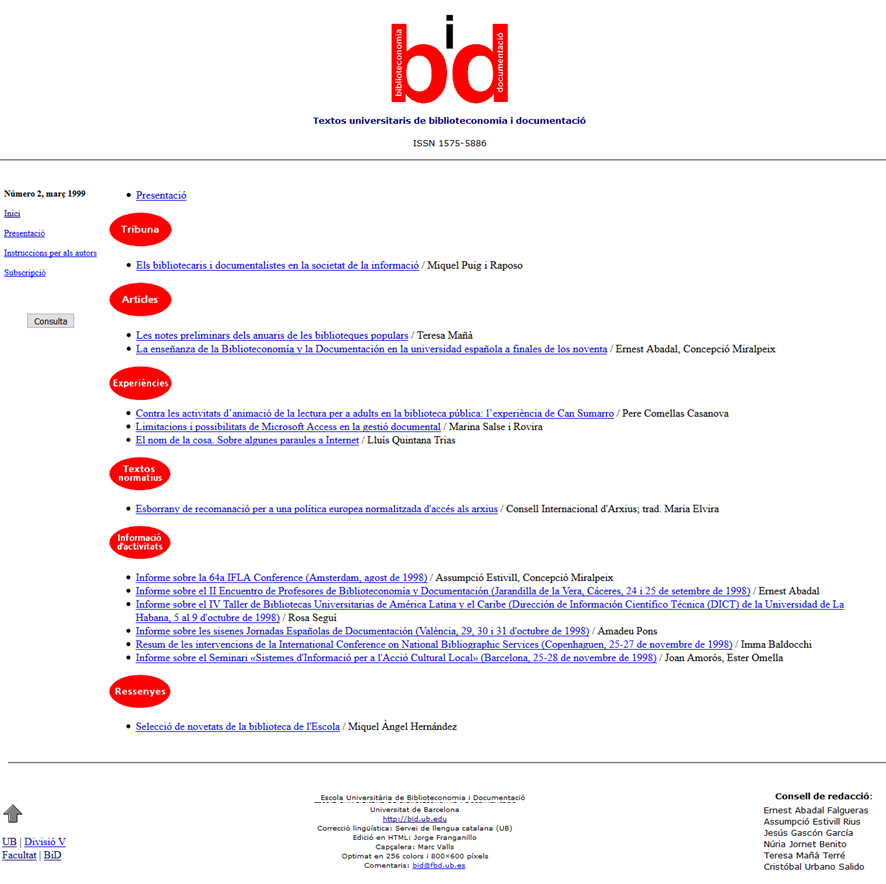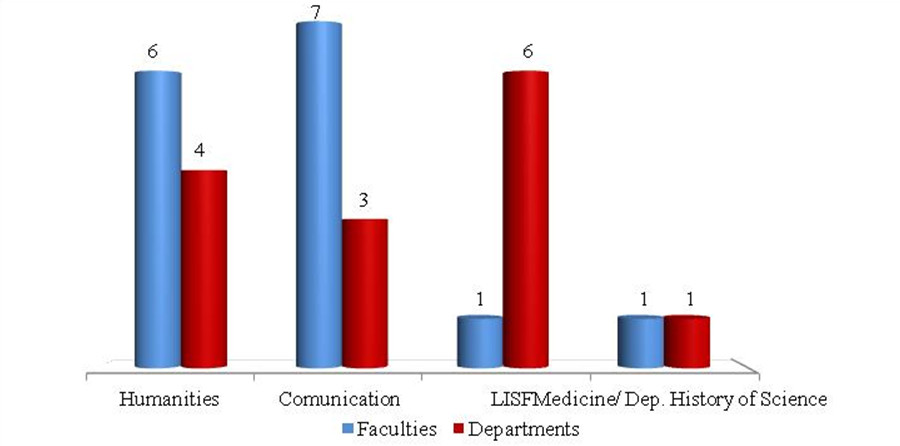Public Libraries as Shapers of a Youth Canon
We start with the hypothesis that the library is a fundamental institution in the creation of the youth literary canon. To uphold it, we analyze the process of constructing this canon by examining the titles that are selected from the library, how they are selected and who selects them. The methodology involved the preparation of two surveys and the analysis of 209 responses from public libraries in Spain and 162 from their reading clubs, 19 of youth literature. The data identifies, classifies, analyzes, and compares the titles of the works selected in public libraries: on the one hand, the books that the user chooses to borrow and, on the other hand, those that are read in reading clubs. In the case of the reading clubs, there is a mediation process that we describe and analyze based on the responses to the surveys. The results demonstrate the importance of mediation carried out by librarians and club coordinators to ensure that users engage in diverse and quality reading.



